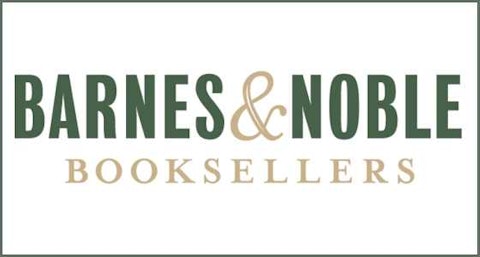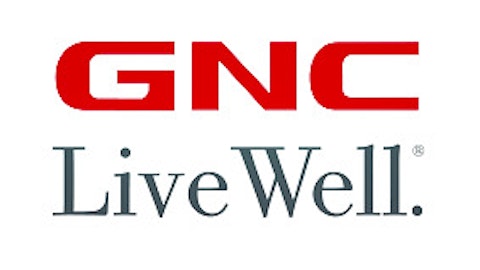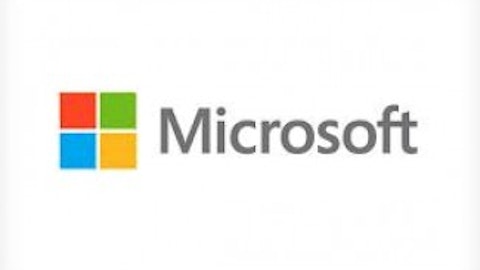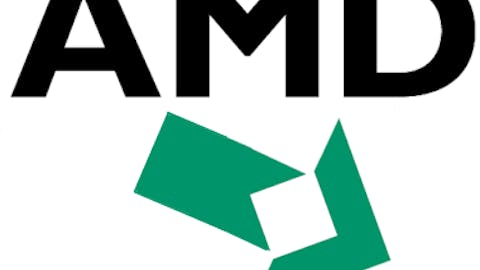Barnes & Noble, Inc. (NYSE:BKS) on Feb. 25 announced that the company’s chairman, Leonard Riggio, had informed the board of his intention to purchase Barnes & Noble’s retail business assets. Leonard Riggio is the founder of Barnes & Noble and also its largest stockholder with approximately 30% of the stocks in the company.

In a 13-D SEC filing, the company said that the assets of the retail business would include Barnes & Noble Booksellers, Inc. and barnesandnoble.com. Thus, most notably, the purchase would exclude NOOK Media LLC. Nook Media is a subsidiary of Barnes & Noble, Inc. (NYSE:BKS) and is in the business of digital reading and digital education markets. Nook is an electric book reader and used the Android platform for software. Nook is effectively competing with Amazon.com, Inc. (NASDAQ:AMZN)’s Kindle and Apple Inc. (NASDAQ:AAPL)’s iPhone and iPad.
What the chairman is effectively trying to do is separate the company’s book (hard-copy) business from its e-book business. Nook was launched in the US in November 2009. However, after receiving a lukewarm response and stiff competition, the company had to slash its prices within the first six months. In January 2013, the company announced that its sales had fallen and the company had not been able to capitalize on the holiday season as it had foreseen. Specifically Nook’s sales, which include e-readers, tablets, digital content and accessories had fallen by 12.6%.
Nook Media LLC
Interestingly, as recently as in April 2012, Microsoft Corporation (NASDAQ:MSFT) had invested $300 million in NOOK Media for an approximately 17.6% equity stake. This gave Nook a valuation of $1.7 billion and meant Nook was actually valued more than Barnes & Noble, although it was only a subsidiary. This seemed an effort on Microsoft’s part to invest in a competitor of Amazon and make Nook a Windows 8 compatible device. For Barnes & Noble, Inc. (NYSE:BKS), this deal seemed very good as it would have access to the resources of a firm as big as Microsoft and may be able to compete more effectively in marketing and R&D with its big competitors such as Amazon and Apple. However, looking at Nook’s recent numbers, this strategy has clearly not worked for the company. In fact, there is a very good possibility that migrating to the Windows 8 platform may have worked against Nook, as Android is deemed much more user friendly and in demand.
However, the potential appeal for Nook does not seem to have gone down yet, as Pearson, a British publishing and education company, acquired a 5% stake in Nook Media for $89.5 million on Dec. 28 2012. Thus, although Nook’s numbers have been consistently failing expectations, both Microsoft and Pearson feel that it can turn things around. Pearson’s reason for investment seems to be to leverage Nook’s reach to students and earn revenues by selling education content digitally.
Valuation Concerns
So why is Chairman Leonard Riggio looking to buy out only the retail business of the firm?
The market value of Barnes and Noble as of Feb. 26 was around $900 million. This is much less than the valuation of Nook Media itself. Clearly, a spinoff of the digital business from the parent company would unlock a lot of value for the investors, and the company has also announced plans to do the same. At this point of time, the true value of the retail business is any body’s guess because the company’s share is actually reflecting the interlocked value of both businesses. It is also not easily possible to separately value both businesses, as the total value is much less than the value of one business. And it is this confusion that Leonard Riggio is looking to take advantage of.
The prevalent market sentiment is that the retail book store business is on the downward slide and may not be worth investing in. This sentiment was strengthened by the filing of bankruptcy by Borders. However, Barnes & Noble definitely does not seem to be going down that path. 68% of the company’s revenues in 2012 were from its retail business. And although, the sales figure have decreased year on year, it seems to be the result of the company trying to focus more on growing its Nook business rather than consolidating its retail business.
Competition to the Retail Business
The annual report states that “As of April 28, 2012, the Company operated 1,338 bookstores in 50 states, including 647 bookstores on college campuses.” Thus, the company has a healthy presence of book stores in the United States. With absence of any strong competitor in the retail business (bookstores), the company can actually strengthen its presence with the right strategies. And who better to do it than Leonard Riggio, who had grown Barnes & Noble across the country after buying the first store.
Amazon’s Online Competition
Theoretically, the company will face competition from Amazon in the online book sale business. I say theoretically, because Amazon in recent years has been selling each and every article possible on earth! Apart from books, the company sells music CDs, home and garden tools, grocery, health and beauty products, toys, sports articles and even automotive and industrial products. Thus, Barnes & Noble is well placed to attract the book lovers onto its website by concentrating its marketing strategies accordingly. Amazon, on the other hand, does not seem to be in a position to relook its strategy of concentrating on selling only books online, after venturing into the sale of other products. In fact, Amazon needs to take cognizance of this development very seriously. If the retail venture is able to reignite its past success, it won’t be long before customers are attracted to buying books online on Barnes & Noble’s website, and making Amazon only a general online retailer.
Investor Perspective
As an investor, how does this matter to me? Well, I would recommend the stock. If the chairman does go ahead with his offer, which it seems he will, the stock price will more likely than not go up to unlock the true value of the retail business. Additionally, the payoff from the sale of retail the business will also add to the value of the stock. However, one caution that I would suggest is that, once the deal is over (or after the spinoff of the retail business), it may not be advisable to hold on to the stock of the digital business (Nook media), especially after looking at its performance recently and the stiff competition being faced from its competitors.
The article Barnes & Noble – Chairman’s Buying, Should You? originally appeared on Fool.com and is written by Sujata Dutta.
Copyright © 1995 – 2013 The Motley Fool, LLC. All rights reserved. The Motley Fool has a disclosure policy.





